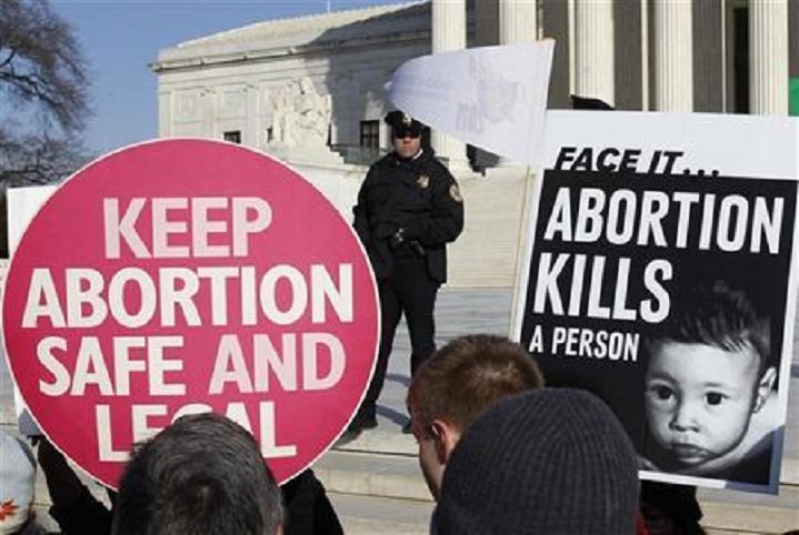
Abortion is a popular topic these days, especially with Pres. Donald Trump’s recent reinstatement of the “Mexico City Policy,” which bans federal funds for international organizations offering and promoting abortion, and this month marking the 44th anniversary of Roe v. Wade that made abortion legal in the U.S.
What some people don’t know is that ‘Jane Roe’ of Roe v. Wade did not abort her baby. She later admitted she lied about the pregnancy being a result of rape. She also accepted Jesus as her Savior and became a pro-life advocate.
The real name of ‘Jane Roe’ is Norma McCorvey. In an interview with Vanity Fair, her mother described her as “wild,” having engaged in sexual activity with both men and women when she was a teenager.
She already had two children before she got pregnant with her third child, the one she wanted to abort. She got pregnant with her eldest, Melissa, when she was 15. She later gave her mother legal custody over Melissa.
McCorvey got pregnant again at 19, and the baby was given up for adoption. When she got pregnant a third time at 21, she decided to have an abortion. That’s when she got connected with her lawyers, Linda Coffee and Sarah Weddington.
Incidentally, Coffee and Weddington were looking specifically for a pregnant plaintiff so they could file a lawsuit against Texas’ strict abortion laws. And when they met McCorvey, she fit the profile perfectly—pregnant, wanted an abortion, did not have the money to travel to other states where abortion was allowed and willing to take the public attention that the case would attract.
They filed a lawsuit against Dallas County district attorney Henry Wade on March 3, 1970, and McCorvey’s identity was hidden under the name ‘Jane Roe.’ On June 17, a panel of judges struck down the state laws prohibiting abortion. The state quickly filed an appeal, and the case dragged on until it reached the Supreme Court.
Because the case took a long time, McCorvey never did get the abortion she fought for, and she gave birth to her third child, who was also given up for adoption to a Texas family.
The baby’s identity had been kept secret, and she could be living today unaware that she was the subject of a lawsuit decades ago that gave rise to one of the most controversial, divisive and popular Supreme Court cases in American history.
McCorvey also met Connie Gonzales, with whom she had a relationship for many years.
After the Supreme Court ruled in 1973 that state laws prohibiting abortion except in cases where the mother’s life is at risk are unconstitutional, McCorvey divulged her true identity to the public and entertained interviews from the media.
Years later, while working for an abortion clinic called A Choice for Women, she met Flip Benham, the national director of pro-life Christian organization Operation Rescue, in 1995. The organization had set up their offices next door to the clinic.
McCorvey would often go to the clinic to ask for prayer, and she and Benham became friends. In that same year, she accepted Jesus as her Savior and was baptized, much to the dismay of pro-choice activists, who said abortion’s poster child “jumped off the poster.”
Her conversion to Christianity was big news, and many Christians celebrated it.
“The heart of the person who most symbolized abortion in this country has been touched and captured, if you will,” Texans United for Life president Bill Price said when news about her baptism broke out.
However, just as McCorvey’s life was riddled with controversy before Roe v. Wade, it was no less controversial after.
After professing faith in Christ, she continued to live with her lesbian partner, claiming their relationship had become a platonic one. In 1998, she embraced Roman Catholicism. She also set up organizations supposedly in support of anti-abortion activities. And she got caught up in issues involving money.
Despite her colorful life, McCorvey continues to stand against abortion.







